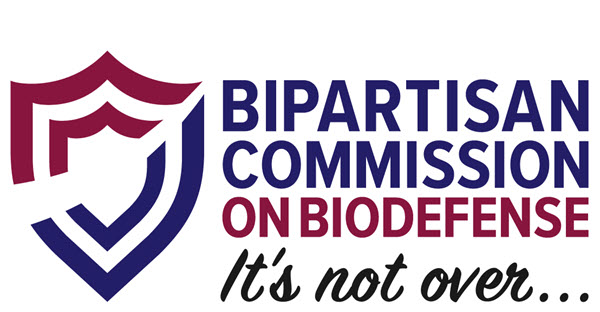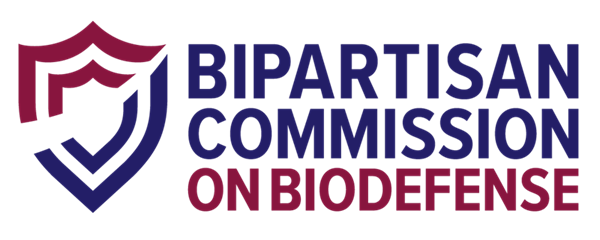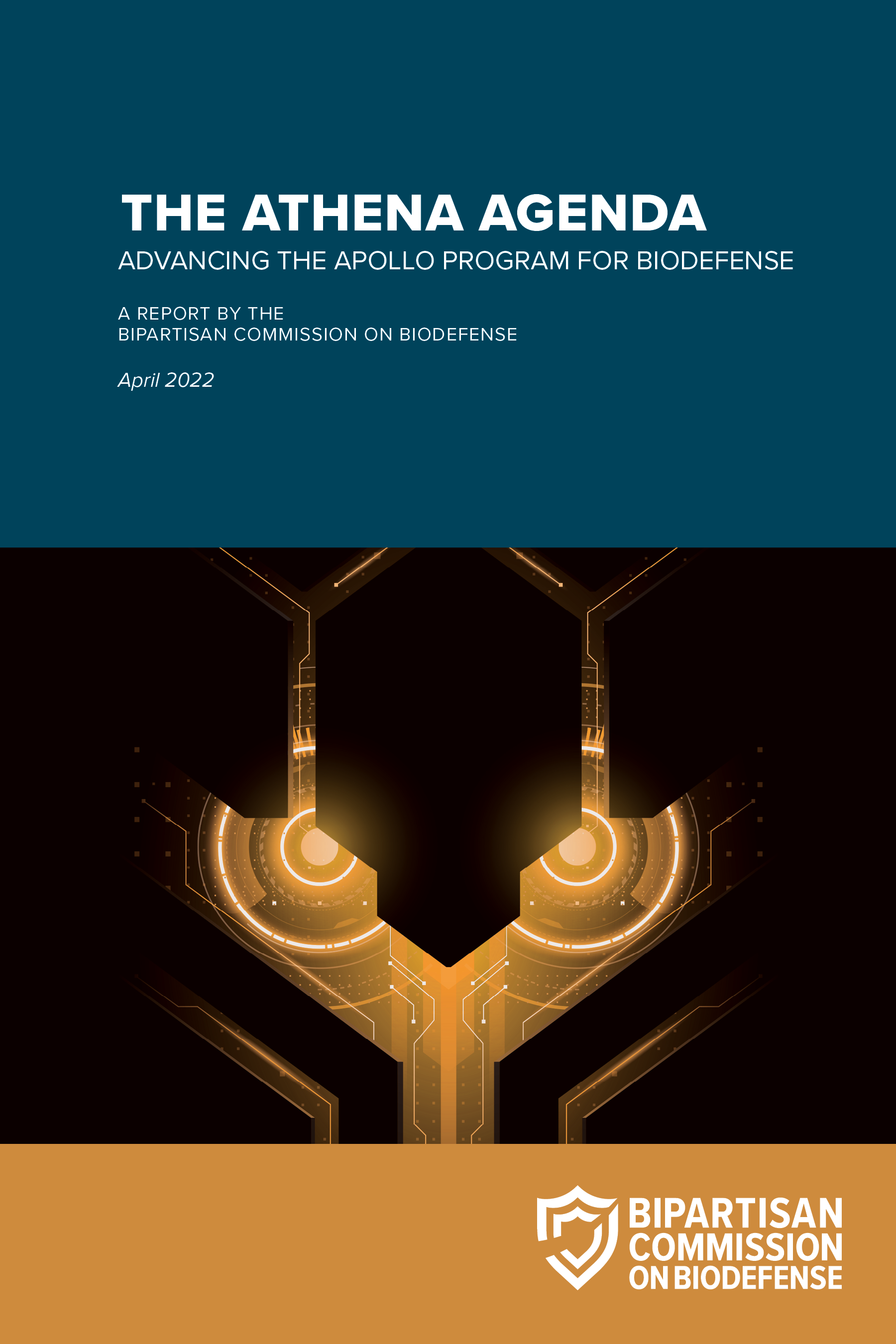- PREFACE
- EXECUTIVE SUMMARY
- THE BIOLOGICAL THREAT LANDSCAPE
- ADVANCING THE APOLLO PROGRAM FOR BIODEFENSE
- Governance
- Develop Vaccine Candidates for Prototype Pathogens
- Develop Therapeutic Drugs in Advance of Outbreaks
- Develop Flexible and Scalable Manufacturing of Pharmaceuticals
- Develop Needle-Free Methods of Drug and Vaccine Administration
- Identify and Increase Ubiquitous Sequencing
- Develop Minimally- and Non-Invasive Infection Detection
- Develop Massively Multiplexed Detection Capabilities
- Develop Rapid Point-of-Use Diagnostics
- Establish Digital Pathogen Surveillance
- Develop A National Public Health Data System
- Establish A National Pathogen Surveillance and Forecasting Center
- Develop Next-Generation Personal Protective Equipment
- Suppress Pathogen Transmission in the Built Environment
- Establish Comprehensive Laboratory Biosafety and Biosecurity
- Technologies to Deter and Prevent Biological Attacks
- CONCLUSION
- APPENDIX A: GAPS AND SHORTCOMINGS IN BIODEFENSE
- APPENDIX B: HISTORICAL GRAND PROJECTS
- APPENDIX C: METHODOLOGY
- APPENDIX D: MEETING AGENDAS
- GLOSSARY
- ACRONYMS
- ENDNOTES
Commissioners
Joseph I. Lieberman, Chair
Thomas J. Ridge, Chair
Donna E. Shalala
Thomas A. Daschle
Susan W. Brooks
James C. Greenwood
Margaret A. Hamburg
Kenneth L. Wainstein
Ex Officio Members
Yonah Alexander, PhD
William B. Karesh, DVM
Rachel Levinson, MA
Lewis Libby, JD
Gerald W. Parker, DVM, PhD
George Poste, DVM, PhD, DSc
Tevi Troy, PhD
Commission Staff
Asha M. George, DrPH, Executive Director
Ambika Bumb, PhD, Deputy Executive Director
John T. O’Brien, MS, Research Associate
Robert H. Bradley, Policy Principal
Arienne O’Neil, Office Manager
Patricia de la Sota, Event Coordinator
ACKNOWLEDGMENTS
We thank the scientists, technologists, and policy experts who support and provided their input on The Apollo Program for Biodefense and The Athena Agenda. We commend Dr. Jacob Swett for his leadership and his tireless efforts to advance science, technology, and biodefense. We also thank Shelly Holland, Bill Beaver, Dr. Michelle Holko, Dr. Anastasia Lambrou, Andrew Bo Liu, Dr. Cassidy Nelson, Georgia Ray, and Dr. Brian Wang for their efforts to seek out the information and expertise we needed to inform the initial Apollo Program for Biodefense report. We also thank Dr. David J. Ecker and Dr. Jassi Pannu for their advice and input on The Apollo Program for Biodefense and The Athena Agenda, in addition to Justin M. Chan for his contributions in providing historical context for both reports. The Commission extends its gratitude to Dr. Gregory Koblentz and Dr. Stephen Hahn for their advice on The Athena Agenda recommendations. We gratefully acknowledge the advice of Dr. Jason Matheny and Dr. Tara O’Toole with regard to the continuous pursuit of this Program. We thank Dr. Tevi Troy, Dr. George Poste, and Rachel Levinson for their good counsel, as well as the review and comments provided by the Commission’s other ex officio members. Additionally, we greatly appreciate the support of our donors, and that of Hudson Institute, which serves as our fiscal sponsor.
Executive Summary
The Bipartisan Commission on Biodefense warned that the United States was woefully unprepared for biological threats and that the risk to the Nation was rising rapidly in our baseline 2015 report, A National Blueprint for Biodefense: Leadership and Major Reform Needed to Optimize Efforts. A little over six years later, the US experience with COVID-19 and the proliferation of biological weapons programs2 continue to validate our original findings.
Since we released The Apollo Program for Biodefense: Winning the Race Against Biological Threats in January 2021, the world has yet to surmount COVID-19. Nearly one million American deaths and more than $16 trillion in US economic losses have made COVID-19 the deadliest pandemic in this country’s history and the costliest domestic catastrophe since the Great Depression. This pandemic has killed over six million people around the world, ravaged health systems, destroyed economies, and exposed destabilizing divisions within and among countries. And yet, the Commission remains convinced that COVID-19 is not a once-in-a-century pandemic. Another biological event will occur much earlier than that.
The risk of naturally occurring pandemics grows as biodiversity is reducing due to deforestation and diminished wildlife habitat quality. The exploitation of wildlife through hunting and trade facilitates opportunities for animal–human interactions and zoonotic disease transmission. Furthermore, advances in DNA sequencing, gene-editing, and synthetic biology (among others) hold the promise of profound advances in healthcare, crop and environmental sustainability, and economic growth. Unfortunately, these are dual-use technologies that could yield accidental, unintended, and deliberate misuse by creating deadly pathogens or disrupting ecological balances. Examples include the accidental release of smallpox from a laboratory in the United Kingdom, engineering of a deadly strain of influenza by a professor in the Netherlands, inadvertent self-injection of Ebola by an experienced scientist in Russia, and the unintended escape of Brucellosis from an industrial facility in China.
Our country must decide to make the prevention and deterrence of the next biological incident top priorities. We cannot simply afford to focus on the response to the current pandemic, but must work to put in place mitigation measures to reduce the impact of future biological events. Continuing vulnerabilities revealed by biological threats increase the likelihood that our enemies will attack our country with biological weapons, especially as advances in science and technology make it easier to produce such weapons.
Throughout our country’s history, our government has risen to seemingly impossible challenges by pursuing grand programs. It was hard to imagine landing a person on the Moon in 1961 when President John F. Kennedy committed the United States to achieving that goal in 10 years. Our country accomplished the Apollo 11 mission 9 years later, with 161 days to spare. The United States can similarly put an end to pandemics within a decade.
The Athena Agenda: Advancing The Apollo Program for Biodefense contains additional recommendations to execute The Apollo Program, building on the Commission’s previous work and taking into consideration the efforts of current and former Administrations and Congresses. This report provides the following specific governance and technology recommendations to implement The Apollo Program for Biodefense and identifies the US government organizations responsible for leadership and accountability, though certain actions may require or benefit from public-private partnerships.
Copyright © 2022 by the Bipartisan Commission on Biodefense All rights reserved.
www.biodefensecommission.org
Graphics and design by Factor3 Digital.
Base cover art by Shutterstock.
Suggested Citation
Bipartisan Commission on Biodefense. (2022). The Athena Agenda: Advancing The Apollo Program for Biodefense. Bipartisan Commission on Biodefense: Washington, D.C.


